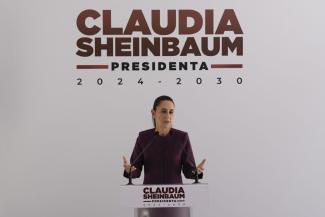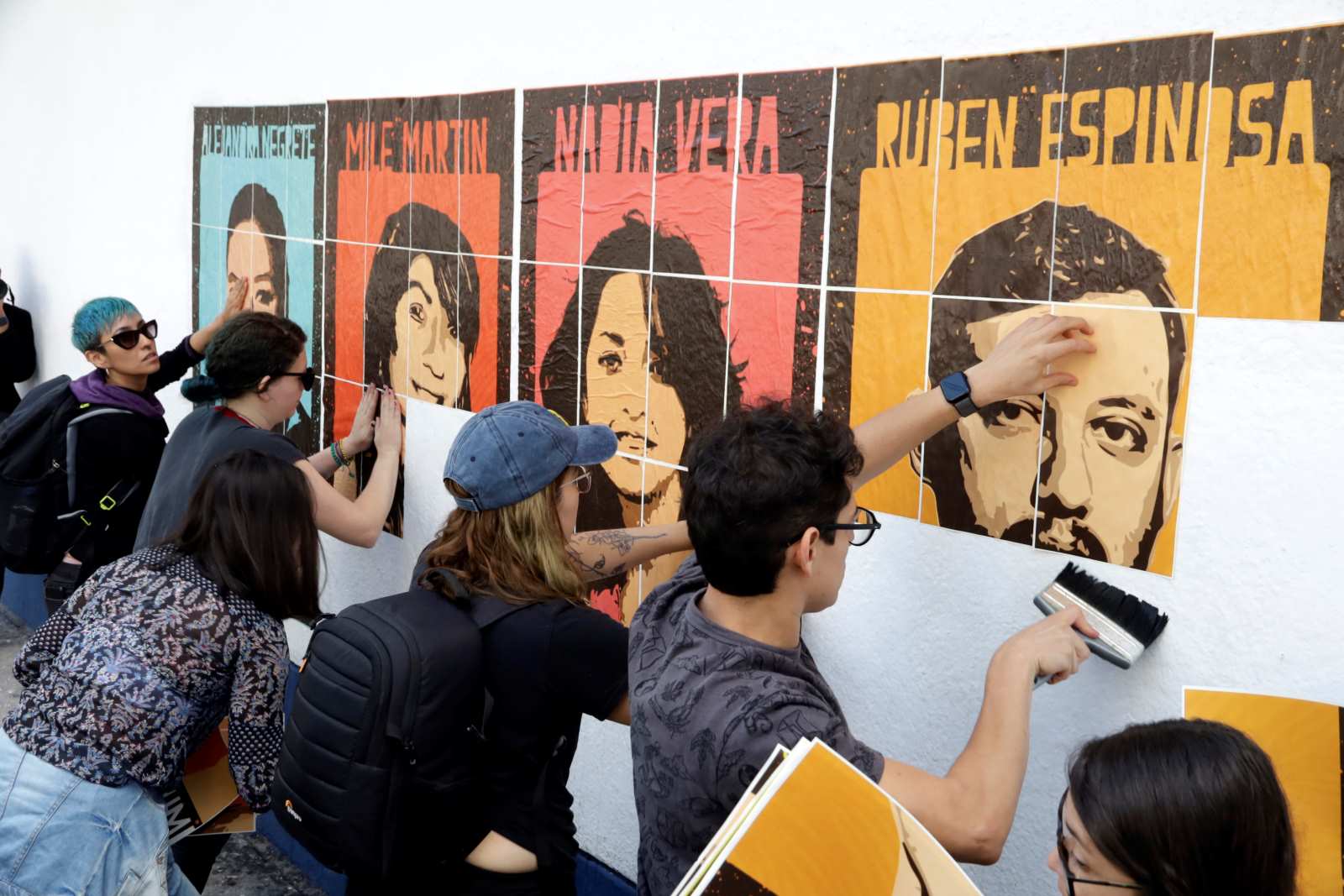Elections
Mexico’s first female president

Several factors have contributed to Claudia Sheinbaum becoming the first female president with strong citizen turnout and a stunning 60 % of the vote. The popularity of her predecessor Andrés Manuel López Obrador – or AMLO for short – and his untiring support for her in the campaign mattered very much. Morena, the party to which both belong, proved so strong that some observers said it painted the map of the country maroon, which is its colour.
The first female president may lack AMLO’s charisma, but she shines in her own way. She is scientist of academic reputation and has served in important public offices. For example, she was the governor of Mexico City, where her initiatives helped to improve the traffic situation, environmental protection and public security. Even some people who do not appreciate AMLO voted for her.
Another important issue was that the opposition looked utterly unconvincing. Especially in rural areas, it did not manage to connect to common people. Its alliance with the upper classes was too obvious. Aggressive attacks on a third presidential candidate, which it accused of distracting from the shared goal of fighting Sheinbaum/AMLO, did not help.
The plain truth is that the main opposition parties did not learn from their defeat in 2018 and failed to reinvent themselves accordingly. In six years as head of state, AMLO managed to make masses of people see those who opposed him as opposing the public interest.
When the opposition coalition of the major centre-right parties PRI, PAN and the leftist PRD made Xóchitl Gálvez their presidential candidate, that choice looked opportunistic – and it was indeed inspired by AMLO. The opposition parties nominated a woman, emphasising her working-class background and indigenous heritage, but the agenda remained clear support for dominant economic interests. That seemed phoney. A few members of the parties concerned are now self-critically admitting that they did not manage to challenge the AMLO administration in ways that might have convinced people of an alternative vision for Mexico.
Mexicans, however, remembered both the corruption scandals and the broken election promises of the past. The PRD, which had long been a strong political force, got so few votes that it lost its status as a national party.
Huge challenges
A leftist woman will serve as the president of a country that is profoundly marked by both machismo and the Catholic Church. Her family background is Jewish, but secular. She says she is not religious. Only a mere 70,000 of 126 million Mexicans are Jews. To masses of voters, faith was irrelevant.
Sheinbaum must rise to a host of huge challenges, of which rampant violence is probably the greatest. Indeed, over 30 candidates for various public offices were killed during recent election campaigns.
She must also convince people that she is taking decisions autonomously and not acting under the influence of her predecessor. She has said that she wants continuity regarding what he calls Mexico’s “fourth transformation”. In this context, AMLO has demanded controversial constitutional reforms, including the election of top judges. Sheinbaum has embraced his proposals.
As the first women president, Sheinbaum may be exposed to gender-specific attacks. Citizens want AMLO’s social-justice policies to continue. They would also like to see progress in areas where things got worse under him, including security and – largely due to Covid-19 – public health and education. To some extent, feminists were disappointed in AMLO because of the high femicide rate and his disdain for women’s causes. Environmentalists did not like his fossil-fuel enthusiasm and want Sheinbaum, a climate scientist, to reduce oil production.
The expectations are very high. People cautiously hope she can deliver.
Virginia Mercado is a scholar at the Universidad Autónoma del Estado de México specialising in peace and development studies.
virmercado@yahoo.com.mx
















